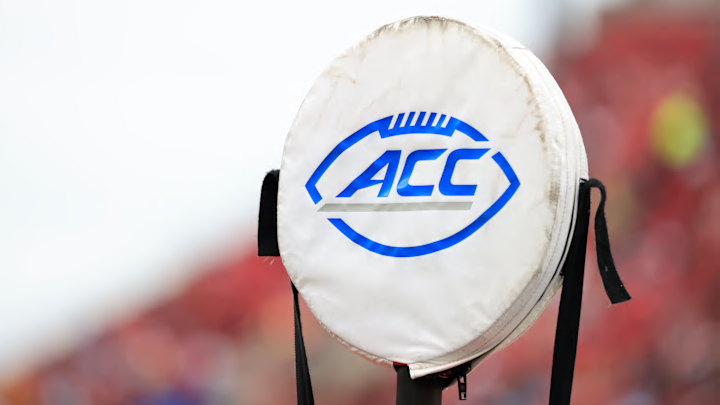Miami Hurricanes: The 1980s
So now we transition to "The U". We can pretty much discard everything that happened before the 1980s. While the Canes enjoyed some good seasons before the 1980s came around, the program was mostly mired in mediocrity. It got so bad in the 1960s and 1970s that the school considered moving the program down a division or getting rid of football entirely. The 1990s were extremely successful for the Hurricanes. Despite there being controversies within the program over player behavior off the field, the Canes did win the 1991 National Championship under Dennis Erickson.
The 90s only saw one losing season, which was a 5-6 finish in Butch Davis' third year in 1997. It was a good decade but three straight losses in New Year's Six bowl games from 1992 to 1994 eliminated any greater consideration for this honor. The early 2000s for the Hurricanes were great as well. Of course, Miami will always have the legendary 2001 season when they won the school's fifth National Championship with a roster filled with future NFL talent. 2002 was phenomenal as well and Miami returned to the National Championship game but got robbed due to a bad call at the end against Ohio State.
However, beginning in 2004, the wheels started to fall off and Miami has been a mostly mediocre program ever since. So with all that being said, the best run for Miami was the entirety of the 1980s. At the very beginning of the decade, Miami had coach Howard Schnellenberger, who rebuilt the program into the notable program they are today. After a mediocre rookie year in 1979, Schnellenberger brought Miami to the bowl season for the first time since for the first time since 1967. The final result was a win against Virginia Tech in the Peach Bowl and a 9-3 record.
Over the next two years, Miami would go a combined 16-5, including a 9-2 mark in 1981. However, they wouldn't play in a bowl game. Then came 1983. With redshirt freshman Bernie Kosar starting at quarterback, Miami began that year with a 28-3 loss against rival Florida. After easy wins against Houston and Purdue over the next two weeks, Miami announced its arrival to the college football world with an upset shutout win against #13 Notre Dame. After the Florida debacle, Miami would win their last ten regular-season games and set up a date with #1 Nebraska in the Orange Bowl.
Miami would hold on to a slim 31-30 victory to claim the school's first National Championship. This would kick off a decade-long dynasty in South Florida as the Canes would continue to dominate. However, after '83, Schnellenberger would resign to take a chance in bringing a USFL franchise to Miami. He failed and moved on to coach other schools. Jimmy Johnson would take his place and after a rough 8-5 campaign in 1984, things would get back on track. Johnson would lead Miami to four straight double-digit win campaigns, including two wins in the Orange Bowl in 1987 and 1988.
The 1987 Orange Bowl victory secured the program's second National Championship of the decade.
Following the '88 season, Jimmy Johnson would leave Miami and begin his highly successful venture with the Dallas Cowboys. Dennis Erickson took over the head coaching gig in 1989 and as a first-year coach, led Miami to another National Championship after winning that year's Sugar Bowl. Miami is noted as the team of this decade for those three titles and seven finishes in the top 10. If it wasn't for the infamous disaster that was the '86 Fiesta Bowl against Penn State, as well as a mishap in the famously known "Catholics vs. Convicts" against Notre Dame, Miami would have gotten five National Championships in total. Also, Vinny Testaverde took home the Heisman Trophy in 1986.
